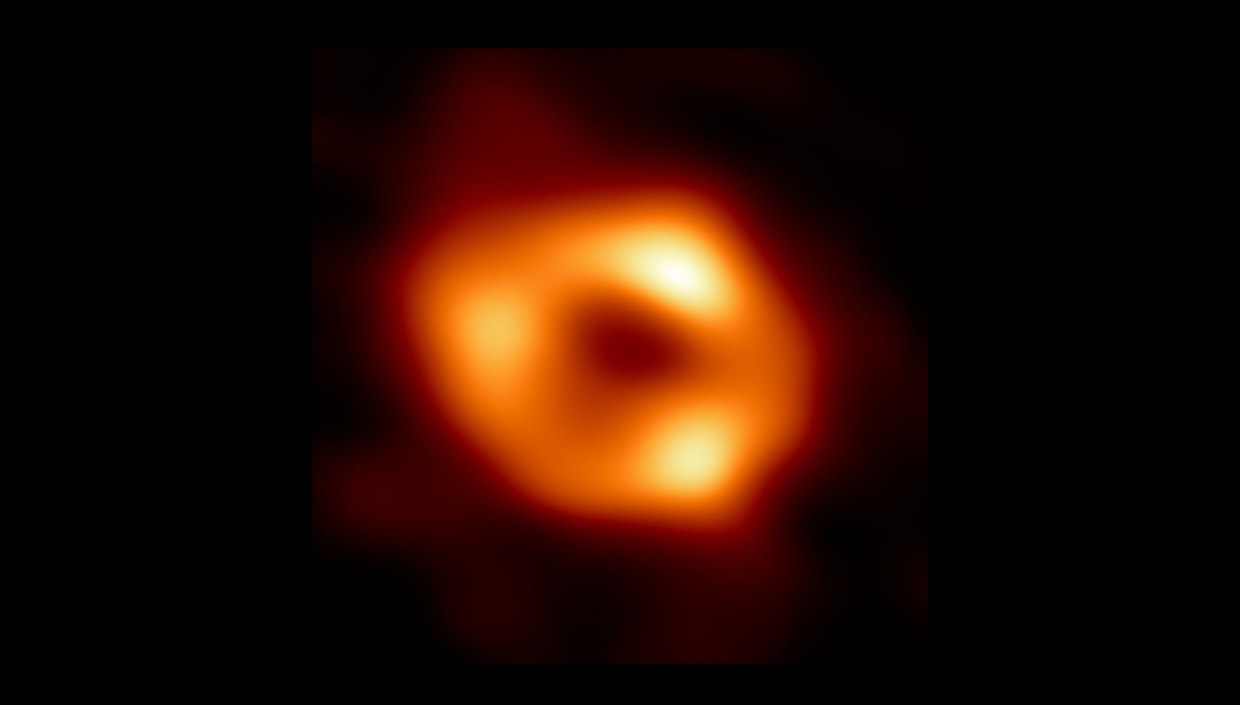New
#1741
@Paul Black
thanks for the "Mythology" heads up.
i dont think 100 years is gonna cut it, isnt it going to take 80 yrs just to get someone to Mars for exploratory purposes ??
and Alpha Centauri, good ol "Lost in Space" fame is 4 light years away (25,000,000,000,000 km's, trillion) better pack some sandwiches and a thermos.....lol


 Quote
Quote




